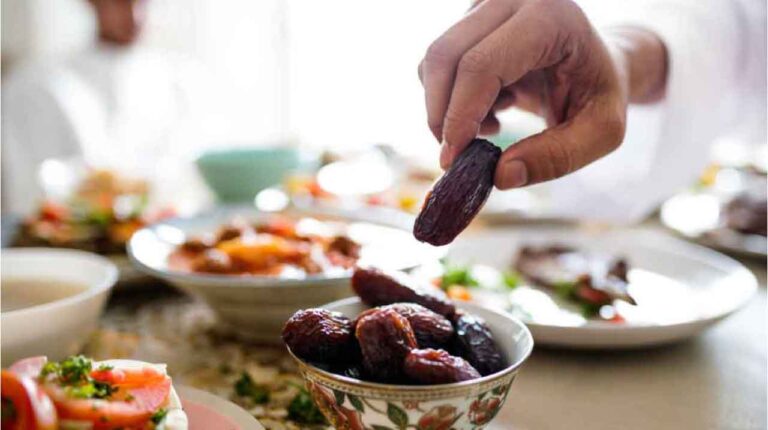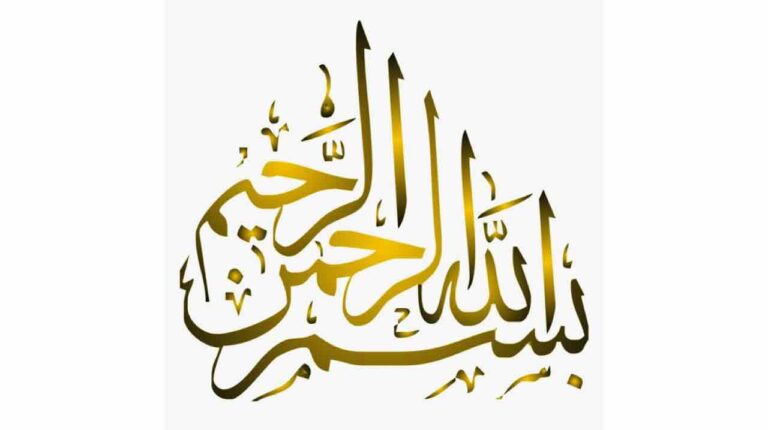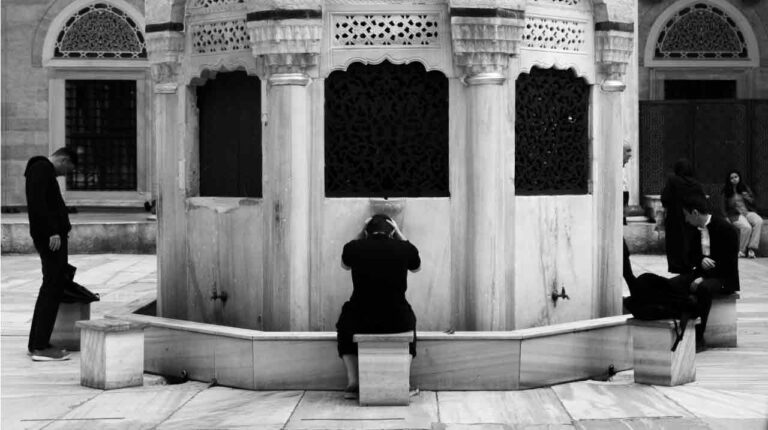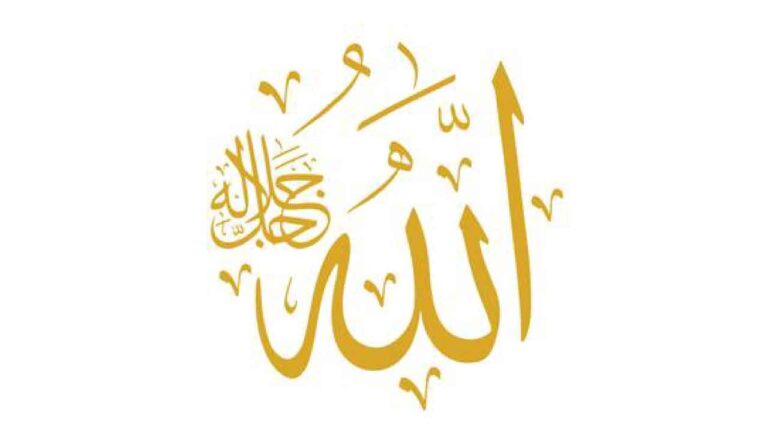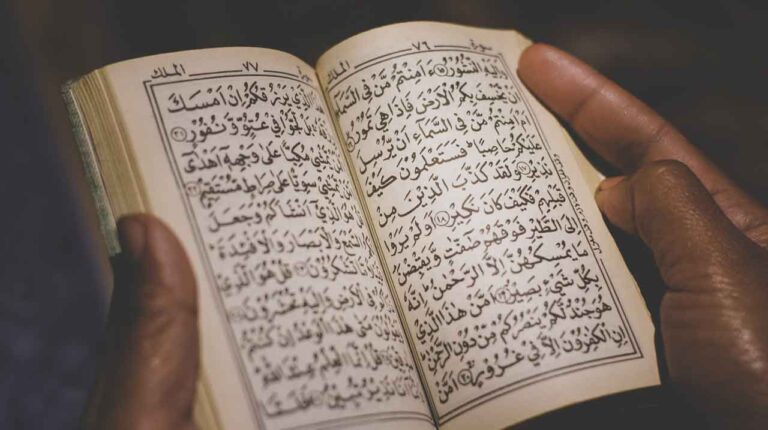As the sacred month of Ramadan draws to a close, Muslims around the world eagerly anticipate the arrival of Laylatul Qadr, the Night of Decree. It is a night filled with immeasurable blessings, mercy, and forgiveness, believed to be better than a thousand months. During these last ten nights of Ramadan, devout worshippers strive to seek the blessings of this auspicious night through prayer, supplication, and sincere reflection.

The Power of Dua on Laylatul Qadr
Scholars emphasize the significance of dua (supplication) during these blessed nights, especially on Laylatul Qadr. Among the most beloved supplications to recite during this time is:
“اللهم إنك عفو تحب العفو فاعف عني”
“Allahumma innaka Afuwwun (Karimun) tuhibbulafwa fafu `annee”
“O Allah, indeed You are Pardoning, (Generous) You love to pardon, so pardon me.” – Prophet Muhammad (PBUH), Bukhari.
This profound dua encapsulates the essence of seeking forgiveness from the Most Merciful. It acknowledges Allah’s attribute of pardoning and implores Him to forgive our shortcomings with His boundless mercy.
Seeking Forgiveness with Sincerity
When beseeching Allah for forgiveness, it is essential to approach Him with utmost sincerity and humility. Recognizing our dependence on Him and our propensity for error, we repent sincerely, resolving to refrain from past transgressions. As narrated by Prophet Muhammad (PBUH), the one who prays earnestly on Laylatul Qadr with faith and hope will have their previous sins forgiven (Bukhari).
Asking for Goodness in This Life and the Hereafter
Another powerful dua to recite on Laylatul Qadr is:
“رَبَّنَا آتِنَا فِي الدُّنْيَا حَسَنَةً وَفِي الآخِرَةِ حَسَنَةً وَقِنَا عَذَابَ النَّارِ”
“Rabbana atina fid-dunya hasanatan wa fil ‘akhirati hasanatan waqina ‘azaaban-nar”“Our Lord! Grant us good in this world and good in the life to come and keep us safe from the punishment of Hellfire.”
This dua encompasses a holistic plea for goodness in both worldly affairs and the hereafter, emphasizing the importance of seeking Allah’s blessings in all aspects of life.
Praying for the Ummah
Laylatul Qadr is also an opportune moment to supplicate for the well-being of the entire Muslim community. As we pray for ourselves, it is equally important to remember our brothers and sisters worldwide and beseech Allah’s mercy and assistance for them. In light of recent calamities such as the earthquake in Syria and Turkey, it is incumbent upon us to pray for their relief and protection.
“اللهم أصلح أمة محمد. اللهم فرج عن أمة محمد. اللهم ارحم أمة محمد
“Allahumma aslih Ummata Muhammad. Allahumma farrij ‘an Ummati Muhammad. Allahumma rham Ummata Muhammad.”
“O Allah! Improve (help) the state of the Ummah of Muhammad. O Allah! Grant ease to the Ummah of Muhammad. O Allah! Have mercy on the Ummah of Muhammad.”
Etiquette of Dua
As we engage in supplication, it is essential to observe proper etiquette to maximize the efficacy of our prayers. Begin by praising Allah and sending blessings upon the Prophet Muhammad (PBUH). Approach Allah with humility, acknowledging His divine attributes and expressing our dependence on Him. Use His beautiful names in dua, invoking the attributes most relevant to our requests.
Conclusion
As we approach Laylatul Qadr, let us seize this golden opportunity to seek forgiveness, mercy, and blessings from Allah. Through sincere dua, we can unlock the abundant treasures of this blessed night and emerge purified, rejuvenated, and closer to our Creator. May Allah accept our supplications and grant us His boundless mercy and forgiveness. Ameen.

